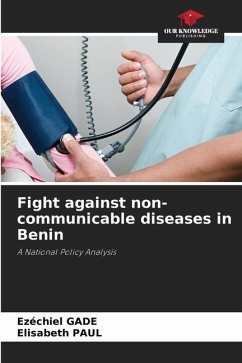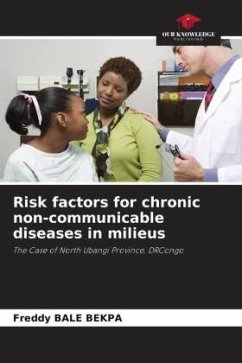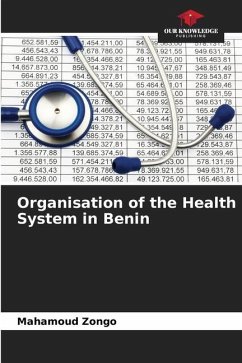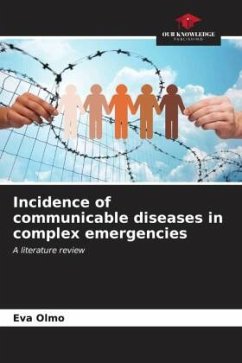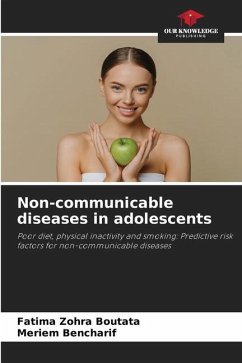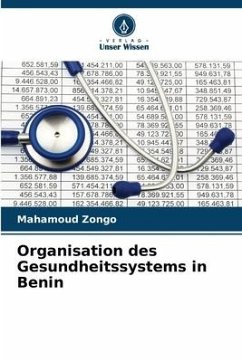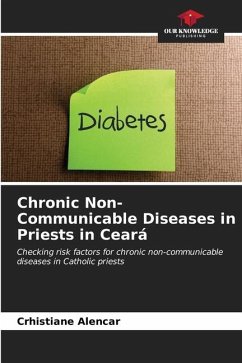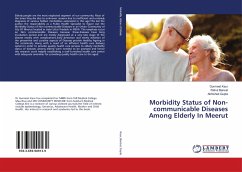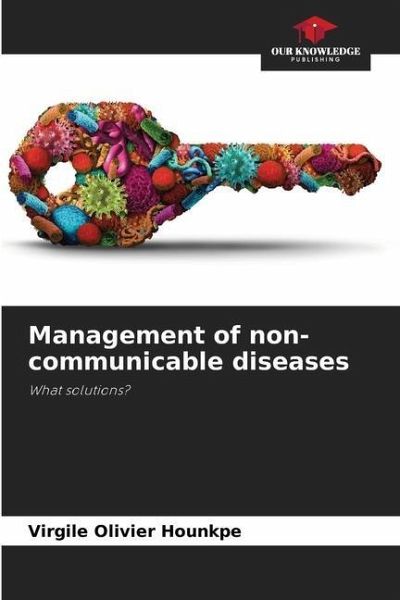
Management of non-communicable diseases
What solutions?
Versandkostenfrei!
Versandfertig in 6-10 Tagen
27,99 €
inkl. MwSt.

PAYBACK Punkte
14 °P sammeln!
Benin, like many low- and middle-income countries, is now faced with the double burden of communicable and non-communicable diseases. This situation poses a major threat to the health system which is still under-funded (with a per capita health expenditure of $85), fragmented and under-performing as evidenced by the low utilisation of health services (0.50 new cases/inhabitant/year in Benin in 2014) and poor quality of care. This highlights the need to strengthen and reorganise local health system services (SYLOS) in order to respond not only to the emerging challenge of chronic non-communicab...
Benin, like many low- and middle-income countries, is now faced with the double burden of communicable and non-communicable diseases. This situation poses a major threat to the health system which is still under-funded (with a per capita health expenditure of $85), fragmented and under-performing as evidenced by the low utilisation of health services (0.50 new cases/inhabitant/year in Benin in 2014) and poor quality of care. This highlights the need to strengthen and reorganise local health system services (SYLOS) in order to respond not only to the emerging challenge of chronic non-communicable diseases (CNCDs), but also to all the needs of the population in a comprehensive and efficient manner. The objective of this book is to analyse the main problems affecting the organisation of services and the quality of care provided to chronic patients in the Djougou-Copargo-Ouaké (DCO) health zone (ZS) located in the north-west of Benin, in order to find possible solutions to improve their care on the one hand, and to contribute to the reinforcement of SYLOS functionality on the other.



